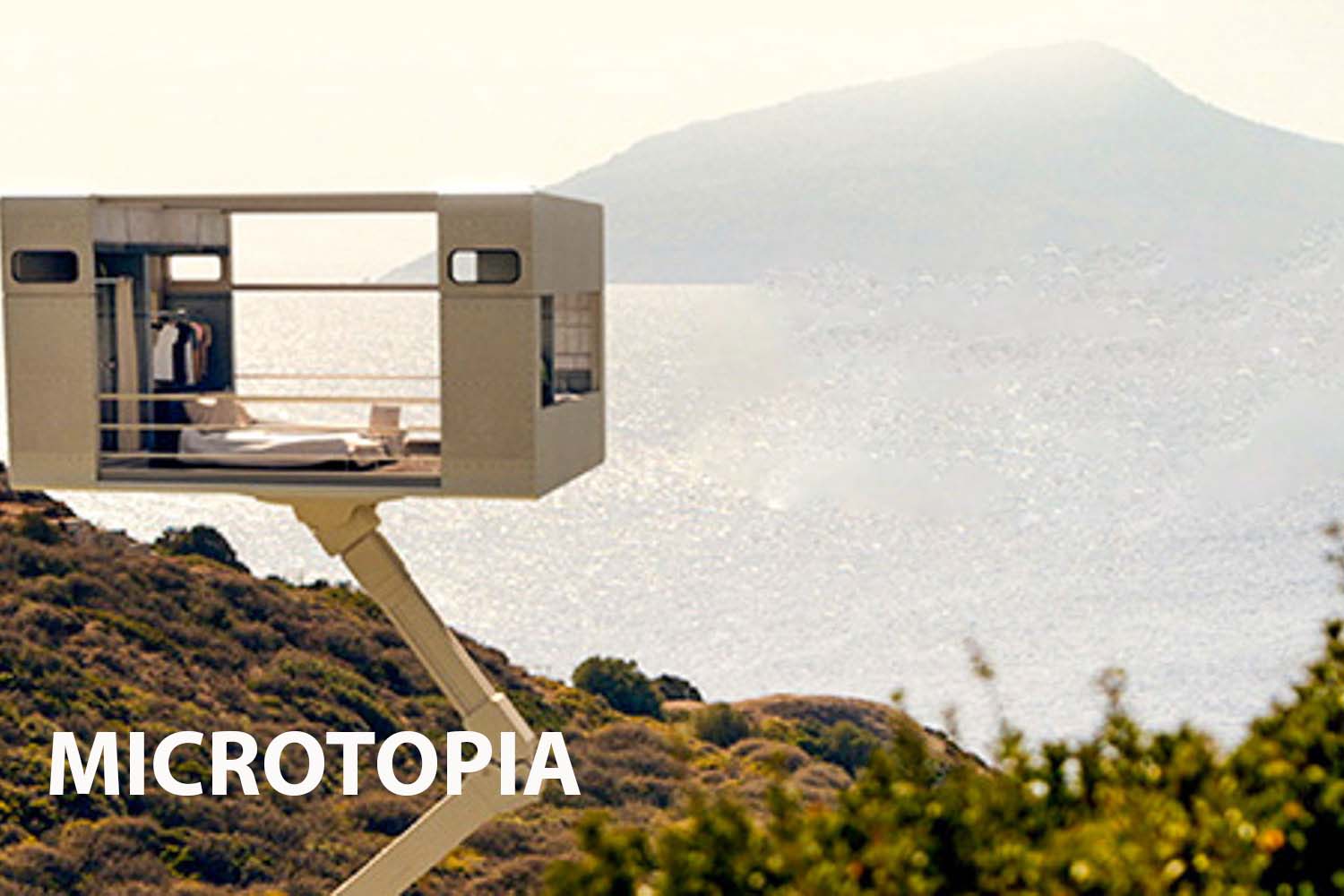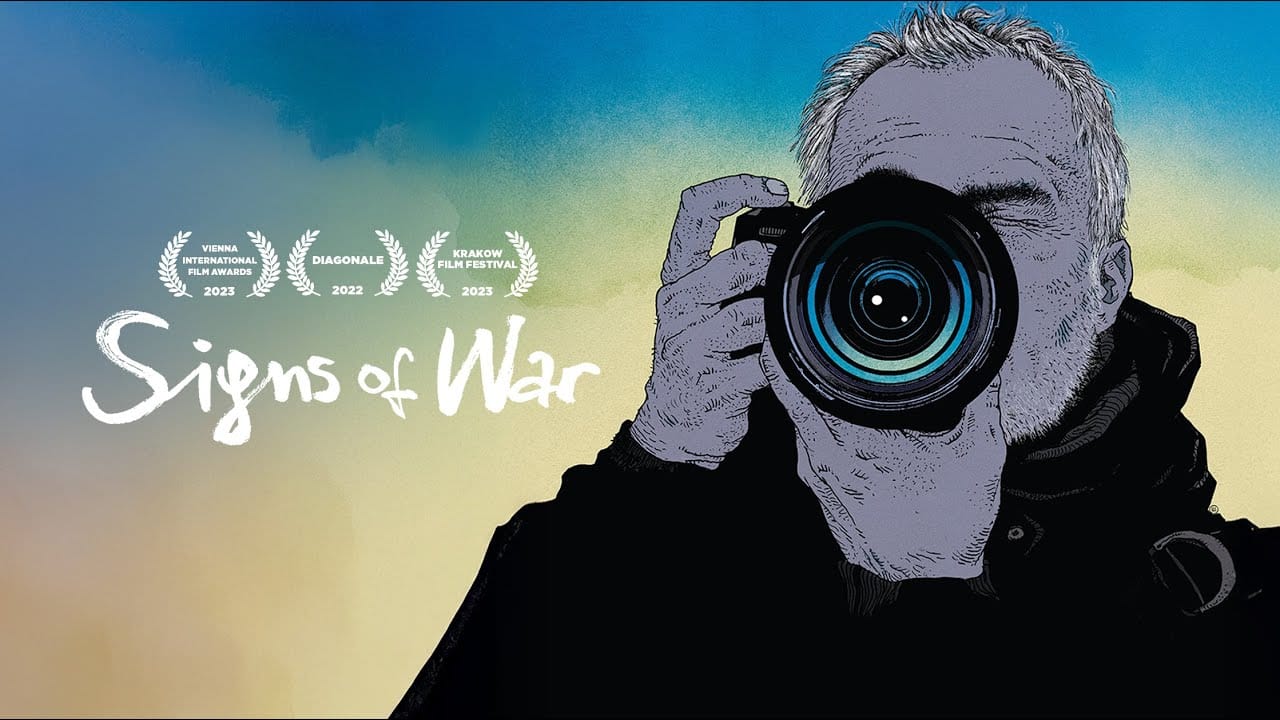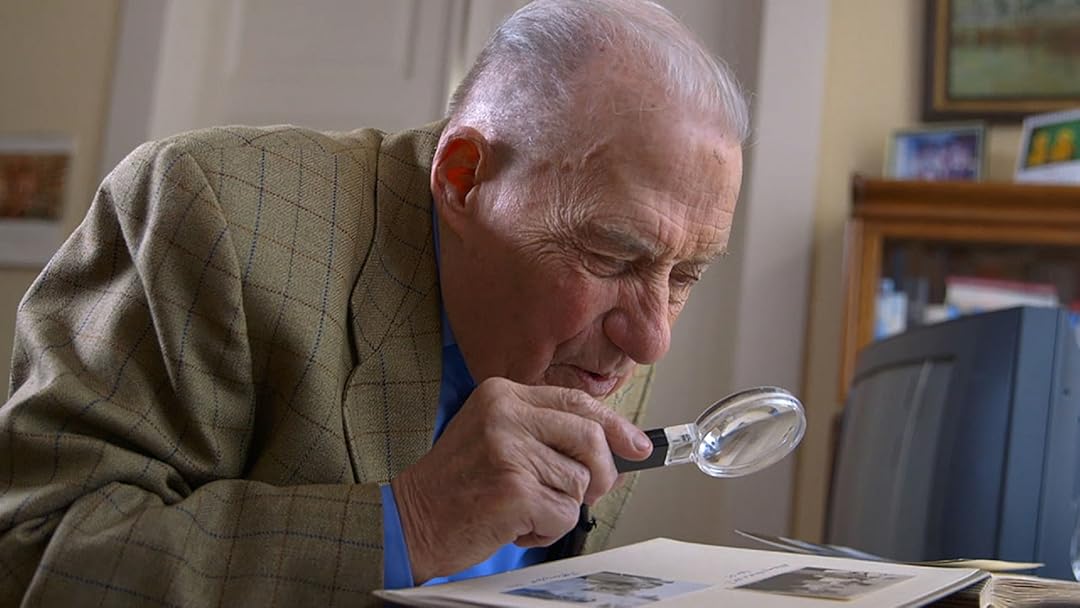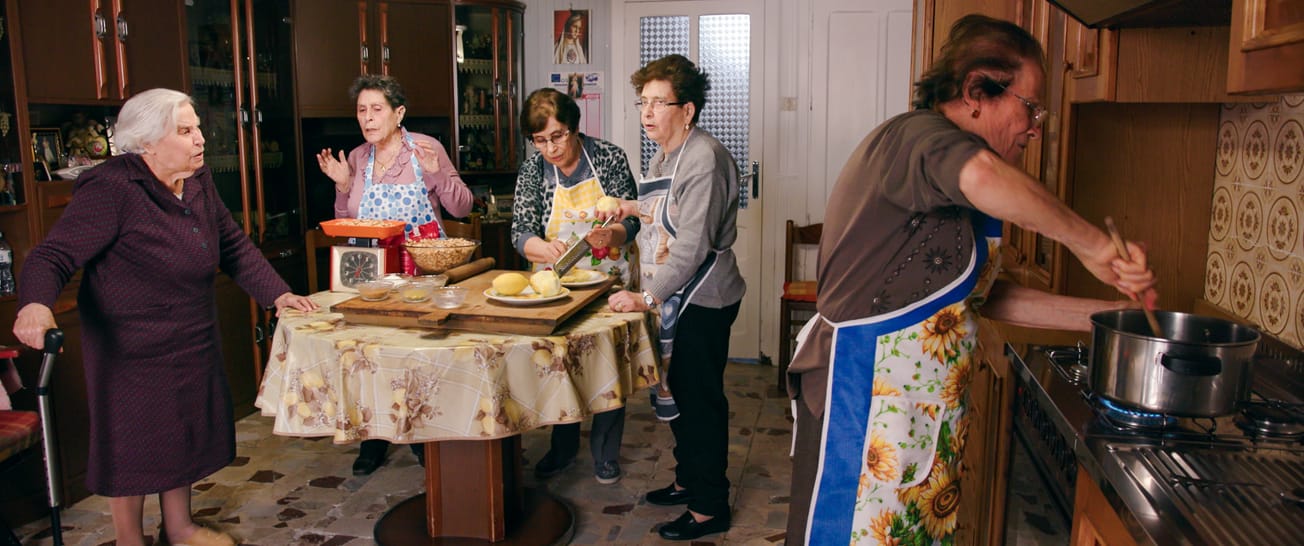Keywords: Architecture, Portability, Flexibility, Independence, Grid, Problem-solving, Artists. Three words: Innovative, Insightful, Futuristic
Introduction
'Microtopia' is a fascinating documentary directed by Jesper Wachtmeister and released in 2013. This film delves into the intriguing world of architects, artists, and ordinary problem-solvers who are pushing the boundaries of conventional living spaces to achieve their dreams of portability, flexibility, and independence from the grid.
Synopsis
The documentary 'Microtopia' explores how the modern world is rethinking living spaces and architectural designs. It sheds light on the innovative solutions being proposed by architects, artists, and common people for creating portable, flexible, and off-grid living options. It is a journey into the future of minimalism and sustainability, where homes and workspaces can be as portable as our lifestyle demands.
More Film Analysis
Analysis
'Microtopia' adopts a narrative style that blends interviews, case studies, and visuals of various designs and prototypes. The depth of research is evident in the range of solutions presented, from tiny homes to portable offices. The subject exploration is thorough, allowing viewers to understand the motivations behind these movements and the implications they may have for the future of architecture and society.
Historical and Factual Context
The concept of compact living, while not new, has gained momentum in recent years due to factors such as urbanization, population growth, and environmental concerns. 'Microtopia' provides important context to these trends, presenting them not just as pragmatic solutions to contemporary issues, but also as innovative responses to the evolving definition of home and workspace.
Key Themes in the Film
- The changing definition of home and workspace
- Minimalism and sustainability
- Innovation in architecture
- The desire for independence and freedom
Film Comparisons
'Microtopia' can be compared to other films such as 'Tiny: A Story About Living Small' and 'The Minimalists: Less Is Now,' which also explore the concept of minimalism and tiny living. However, 'Microtopia' stands out for its focus on the element of portability and independence from the grid, presenting a more futuristic vision of living.
Noteworthy Moments
One of the most significant moments in the documentary is when it showcases various prototypes of movable houses. These examples illustrate how far the concept of portable living has come and the potential it holds for the future.
Reviews
This documentary has been well received for its thought-provoking exploration of a contemporary issue. It has been praised for its innovative approach and insightful commentary. As one critic noted, "Microtopia presents a compelling vision of the future, one that challenges our current perceptions of home and workspace."
Conclusion
'Microtopia' is an important film that offers a glimpse into a potential future of living. It is particularly relevant for those interested in architecture, urban planning, and sustainability. It challenges us to rethink our definitions of home and workspaces, and our relationship with the physical space around us.
More film information:
FILM SUMMARY
- IMDB Score: 6.9
- Rotten Tomatoes Score: N/A
- Metacritic Score: N/A
- Film Festival Awards: N/A
PERSONALITIES
- Jesper Wachtmeister: Director of 'Microtopia'
LOCATIONS
- Various locations featuring compact and portable living solutions
Key Questions Raised by the Film:
- What does home and workspace mean in the 21st century?
- How can we achieve flexibility and independence in our living spaces?
- What is the future of architecture and design in a world that is increasingly portable?
Links for Further Exploration:
I wonder what the film would be in another art form

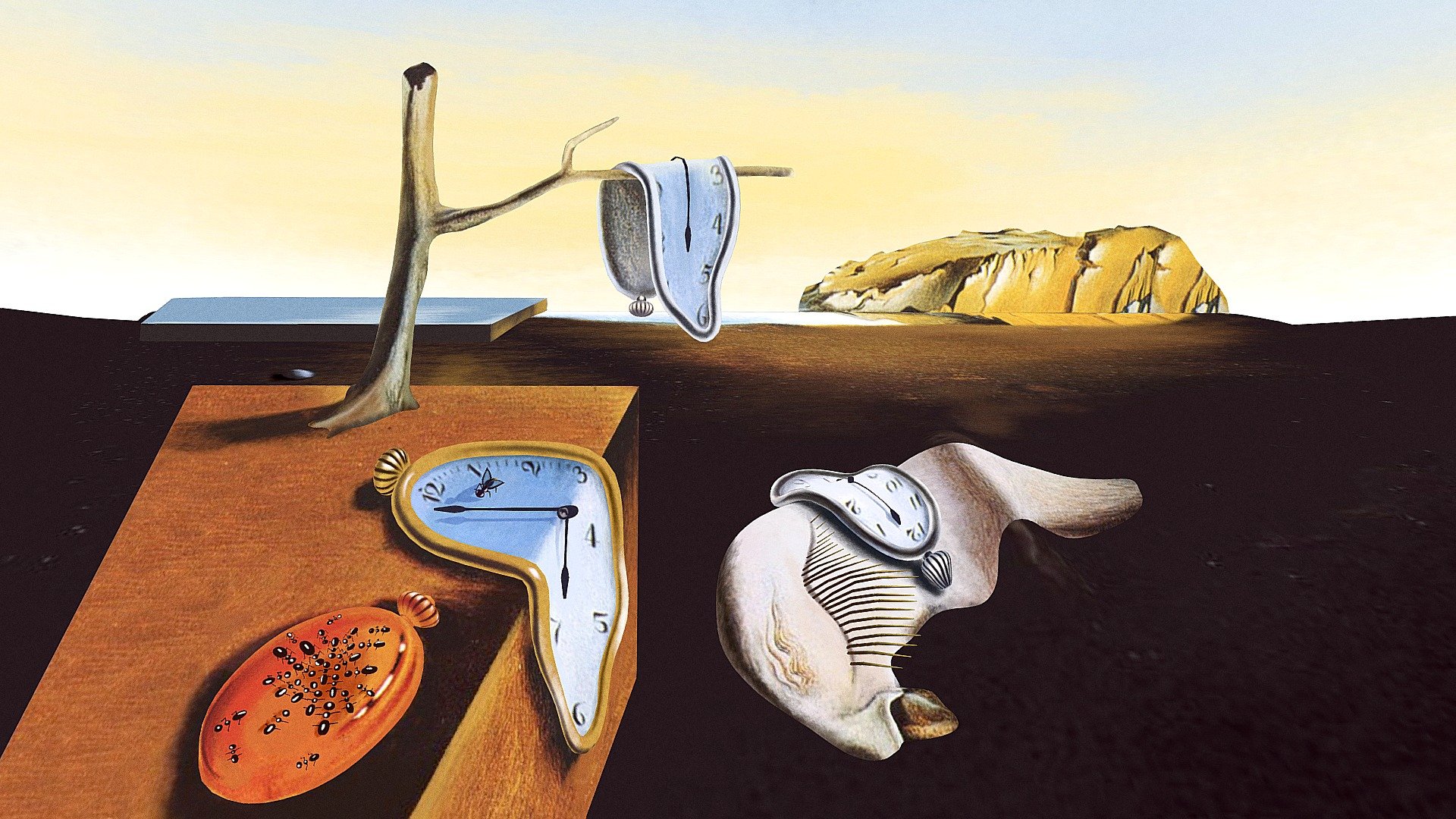

- If this film was a famous book, it would be 'The Box: How the Shipping Container Made the World Smaller and the World Economy Bigger' because it also discusses a small innovation that had a huge impact.
- If this film was a famous song, it would be 'We Gotta Get Out of This Place' by The Animals, symbolizing the desire for freedom and change.
- If this film was a famous piece of art, it would be 'The Persistence of Memory' by Salvador Dali, which also plays with the concept of space.
- If this film was a famous celebrity, it would be Elon Musk for his innovative ideas and desire to challenge the status quo.
- If this film was a color, it would be green, symbolizing sustainability and growth.
- If this film was a music style, it would be experimental music, because it challenges traditional norms and explores new ideas.
